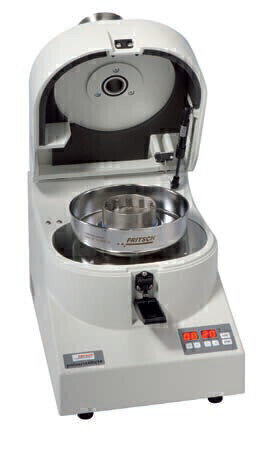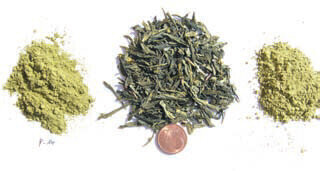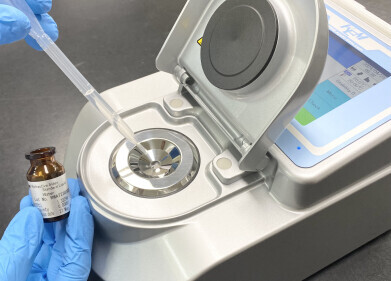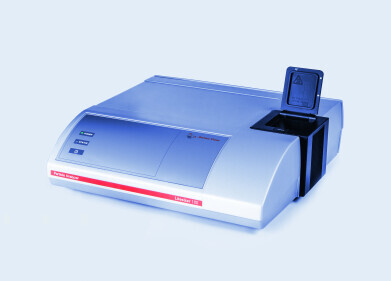Laboratory Products
Sample Preparation for the Heavy Metal Analysis of Plants
Apr 23 2012
An efficient sample preparation for quick, dependable and reproducible analyses results is nowadays becoming increasingly more important. Especially in the food industry is an exact sample preparation as a prerequisite for fine analyses essential, in order to meet the given boundary and tolerance values Up until now many users achieved very good, dependable analyses results in the heavy metal analysis of plants with rotor mills. Rotor mills distinguish themselves with a rotor with high rotational speeds. A sieve defines the fineness of the sample. Plants, especially their stems contain long fibred ligneous parts. The high rotational speed of the rotor causes an aligned air current. In this current though elongated parts are positioned in a manner so they can pass the sieve. An extreme example in regards to the material characteristics is described in the report Molinia. This characteristic limits the achievable end fineness.
In order to meet the new requirements of sample preparation Fritsch followed a equest of a customer in grinding tea clearly finer, available tea was comminuted in the Planetary Micro Mill PULVERISETTE 7 premium line. The grinding set consisted of zirconium oxide grinding bowls with 15mm diameter grinding balls.Experience has shown
positive results when zirconium oxide was used as the grinding material for the preparation of plant samples and also the chemical contents of zirconium oxide does not alter the analysis results.
In order to gather the quantifiable difference between these two mill types, the green tea was comminuted parallel to the above test with the Variable Speed Rotor Mill PULVERISETTE 14 using a 0.08mm sieve. With rotor, respectively
centrifugal mills, a sieve defines the final fineness. Hence a reference point for the particle size distribution for the in this manner prepared samples exists. Optically both samples look very similar. At least at first glance a really big difference cannot be seen. On the left is the comminuted sample processed with the Variable Speed Rotor Mill
PULVERISETTE 14 and on the right the sample comminuted with the Planetary Micro Mill PULVERISETTE premium line. With planetary mills plant samples like different kinds of tea can clearly be ground finer than with a Variable Speed Rotor Mill.
Digital Edition
Lab Asia 31.2 April 2024
April 2024
In This Edition Chromatography Articles - Approaches to troubleshooting an SPE method for the analysis of oligonucleotides (pt i) - High-precision liquid flow processes demand full fluidic c...
View all digital editions
Events
May 05 2024 Seville, Spain
InformEx Zone at CPhl North America
May 07 2024 Pennsylvania, PA, USA
May 14 2024 Oklahoma City, OK, USA
May 15 2024 Birmingham, UK
May 21 2024 Lagos, Nigeria












.jpg)






